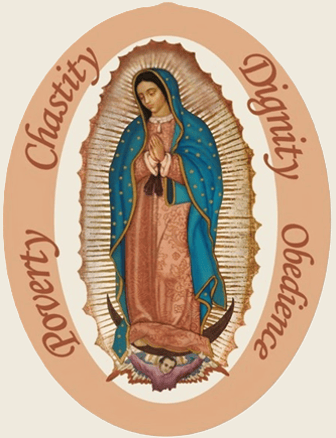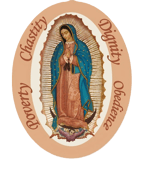Oops...
Looks like you've encountered an error!
It may be that the link you clicked was broken in our recent website update. Sorry!
Please use the menu above to re-select the page you were looking for.
If you continue to run into errors, please e-mail [email protected] and let us know so we can fix it.
God's Peace!


